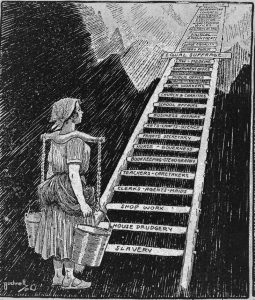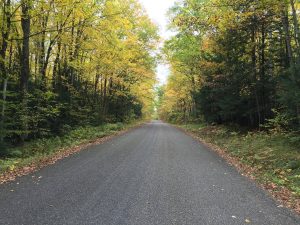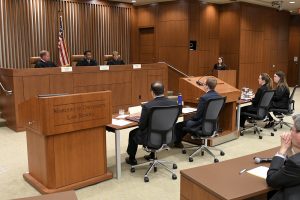Implicit Bias and the Gender Leadership Gap

On April 29, 2019, I moderated a panel discussion for the State Bar of Wisconsin’s Diversity Counsel Program titled “Closing the Gender Leadership Gap.” The following statistics were shared at the program. According to a study by the American Bar Association, “A Current Glance at Women in the Law,” half of the students graduating from law school with a J.D. are women. Yet, only 22.7% of law firm partners are women, 22% of state court judges are women, and 26.4% of Fortune 500 general counsel positions are held by women. A significant barrier for women in the workplace is implicit bias. After serving on this panel, I was curious to explore how the concept of implicit bias might contribute to the gender leadership gap in the legal profession.
Implicit bias is the term that describes how the subconscious mind categorizes people. The concept was first developed by psychologists Mahzarin Banaji and Anthony Greenwald in the 1990s. Through the use of implicit association tests (“IAT”) Banaji and Greenwald evaluated the time it took for a participant to categorize concepts such as family or career with gender. The quicker the applicant could categorize concepts, the stronger the implicit association. The most frightening aspect of implicit bias is that a person may be consciously opposed to gender discrimination but may unknowingly discriminate against women due to an implicit bias that exists only in the subconscious mind.
Studies suggest that implicit bias may play a role in explaining why men are systematically preferred for positions over women. For example, a Yale study demonstrated a statistically significant preference for men in the field of science. The study involved sending a fictional resume to 100 faculty members at top universities. The only difference was that 50 fictional students were named John, while the other 50 fictional students were named Jennifer. Even though the candidates had identical experience and qualifications, faculty members were more likely to find John competent and were more likely view him as a suitable candidate for lab positions.


 Congratulations to the winners of the 2019 Jenkins Honors Moot Court Competition, Brooke Erickson and Micaela Haggenjos. Congratulations also go to finalists Luis Gutierrez and Nicholas Wanic. Erickson and Haggenjos additionally won the Franz C. Eschweiler Prize for Best Brief, and Erickson won the
Congratulations to the winners of the 2019 Jenkins Honors Moot Court Competition, Brooke Erickson and Micaela Haggenjos. Congratulations also go to finalists Luis Gutierrez and Nicholas Wanic. Erickson and Haggenjos additionally won the Franz C. Eschweiler Prize for Best Brief, and Erickson won the